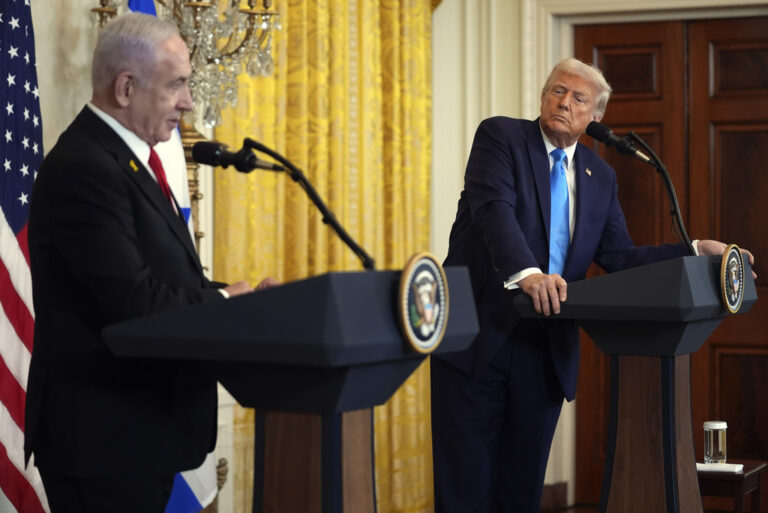Deep brain stimulation (DBS) may help improve memory, suggests a Canadian study that found that DBS of the brain’s hypothalamus unexpectedly prompted detailed memories in a patient.
DBS — which involves electrical stimulation of targeted brain areas — is used to treat Parkinson’s disease and other movement disorders, and is being studied as a potential treatment for a number of other conditions, including cluster headaches and aggressive behavior.
The team at Toronto Western Hospital was testing DBS as a potential appetite suppressant in a morbidly obese 50-year-old man. While the researchers were stimulating implanted electrode contacts in order to identify potential appetite suppressant sites in the hypothalamus, the patient reported a vivid memory of being in a park with friends when he was about 20 years old.
As the researchers increased the electrical stimulation, the memory became more vivid.
The heightened memory occurred again when the researchers repeated the test in a double-blinded setting. The electrode contacts that proved most effective at provoking memories were located close to the fornix, a bundle of fibers that carries signals within the limbic system, which is involved in memory and emotions.
In addition, electrical stimulation boosted activity in the temporal lobe and hippocampus, important components of the brain’s memory circuit.
The researchers also found that three weeks of continuous stimulation of the hypothalamus led to significant improvements in the patient’s results on two learning tests. He was also better able to remember unrelated paired objects during stimulation.
The study authors concluded that “just as DBS can influence motor and limbic circuits, it may be possible to apply electrical stimulation to modulate memory function and, in doing so, gain a better understanding of the neural substrates of memory.”
The study was published online in the journal Annals of Neurology.
(Source: NHIC)










